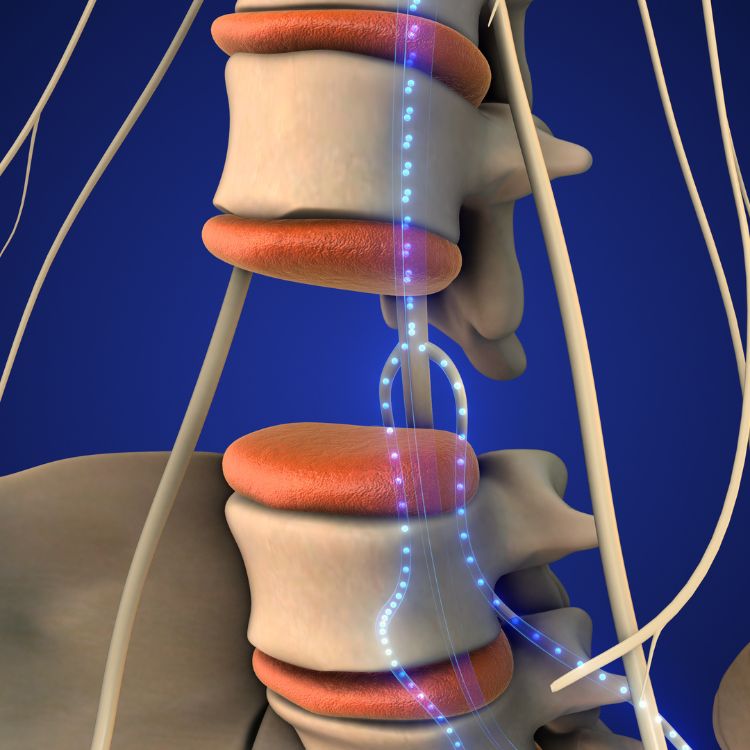What Is Radiculopathy?
Radiculopathy is the medical name for a pinched spinal nerve. The nerve is frequently pinched at the point where it enters or exits your spine, but pain and other symptoms often radiate along the nerve as it travels through your body.
Sciatica is one of the best-known examples of radiculopathy. In this condition, your sciatic nerve compresses at the base of your spine and causes excruciating pain that shoots down your leg.
What Symptoms Develop Due to Radiculopathy?
The top symptom is sharp pain in your neck or back that often radiates along an arm or leg. Compressed nerves typically cause other symptoms, such as tingling or numbness. In severe cases, you may experience muscle weakness in the affected limb.
What Causes Radiculopathy?
You may develop radiculopathy in your neck, also known as cervical radiculopathy, or lower back, which is lumbar radiculopathy. However, it’s more common in your lower back.
Radiculopathy occurs due to degenerative changes in your spine, including:
- Herniated disc
- Spinal stenosis
- Degenerative disc disease
- Facet joint osteoarthritis
- Bone spurs
Compression fractures caused by osteoporosis can also lead to radiculopathy.
How do You Treat Radiculopathy?
These are only a few examples of the treatments they use to relieve the pain of radiculopathy:
Epidural Steroid Injection
Using X-ray imaging to guide the needle, your Advanced Pain Management provider injects a steroid medication into the epidural space surrounding the pinched nerve. The steroid relieves pain by reducing inflammation.
Spinal Cord Stimulation
A spinal cord stimulator uses electrical impulses to block pain from being perceived by your brain. Instead of pain, you’ll feel a more pleasant tingling sensation as the stimulator masks the pain signals.
Before getting a spinal cord stimulator, you’ll have medical and psychological assessments. If you qualify for the treatment, you’ll go through a trial period with a temporary stimulator to be sure it works for you before your provider implants the device.
You’ll still have some residual pain even with the stimulator. However, most patients experience a 50-70% decrease in their pain, which makes it more manageable and gives them the chance to return to a more active life.




